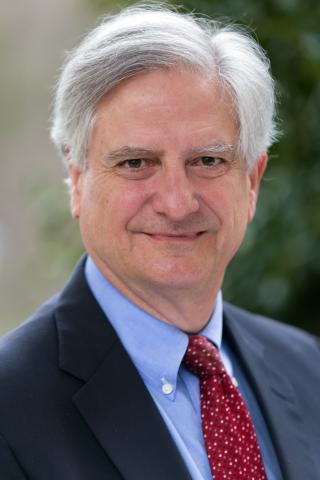School Law Bulletin #2000/11
Changes Affecting Higher Education
THE BIGGEST STORY in higher education legislation in the 2000 session of the North Carolina General As- sembly was the enactment of the Michael K. Hooker Higher Education Facilities Financing Act; it authorized, upon approval of the state’s voters in November 2000, the issuance of $2.5 billion of general obligation bonds for capital improvements at The University of North Carolina (UNC) and $600 million of general obligation bonds for improvements in the North Carolina Community College System. The impetus behind the act was the recognition that in the next ten years the university is expecting tens of thousands of additional students and the community college system will be facing corresponding increases in demand.
The 1999 bill—S 912—would have, in its original form, authorized the sale of limited obligation bonds (meaning that the university and the community college system would pledge various kinds of assets as security for the bonds) and not general obligation bonds (which pledge the full faith and credit and taxing authority of the state for the repayment of the bonds). The difference was important because the state constitution requires a vote of the people in the issuance of general obligation bonds but not limited obligation bonds. In the original form of the bill, there would have been no referendum. The bonds faced stiff opposition because of the size of the proposal and the no-referendum feature.
The bill passed the Senate in 1999 at the $3 billion level with no referendum. It eventually passed the House in a version calling for $1 billion in university bonds and $200 million in community college bonds, contingent on a favorable vote in a referendum. The 1999 session ended with the two houses unable to agree on a final bill.
The bill became law—SL 2000-3—as the third enactment of the young 2000 session when a compromise was reached. The funding level would remain just above $3 billion (as in the version passed in the Senate), but the bonds would be general obligation bonds (as in the version passed in the House), requiring a referendum. The act set the referendum at the general election day in November 2000.
The $2.5 billion in university bonds will, as ap- proved by the voters, be issued in amounts ranging from $202 million in 2000–2001 to $524 million in 2005–6. The proceeds will be paid into a fund from which im- provements will be funded. The amounts to be funded, per constituent institution, are presented in Table 1.
In addition, $66 million is to be allocated for the digital conversion of UNC Public Television and related improvements; $10 million, for improvements at the North Carolina Arboretum at Asheville; and $5 million, for the School of Science and Mathematics in Durham. Also, another $72 million is to be allocated for campus projects that were delayed when money formerly available for them was transferred to Hurricane Floyd disaster relief. Finally, $25 million is to go into a reserve for renovations, repairs, and cost overruns.
The $600 million in community college bonds will be issued in amounts ranging from $48 million in 2000– 2001 to $126 million in 2005–6. The proceeds will be the biennium. The 1999 budget act appropriated a to- tal of $1,656,863,227 from the General Fund to UNC for fiscal year 2000–2001. The 2000 budget act, SL 2000-67 (H 1840), adjusts UNC’s 2000–2001 appropriation by increasing some items and making minor reductions in others. The largest funding increase, $39,762,236, for university instructional programs, constitutes the bulk of the net $41,309,503 in increased funding for 2000–2001.


